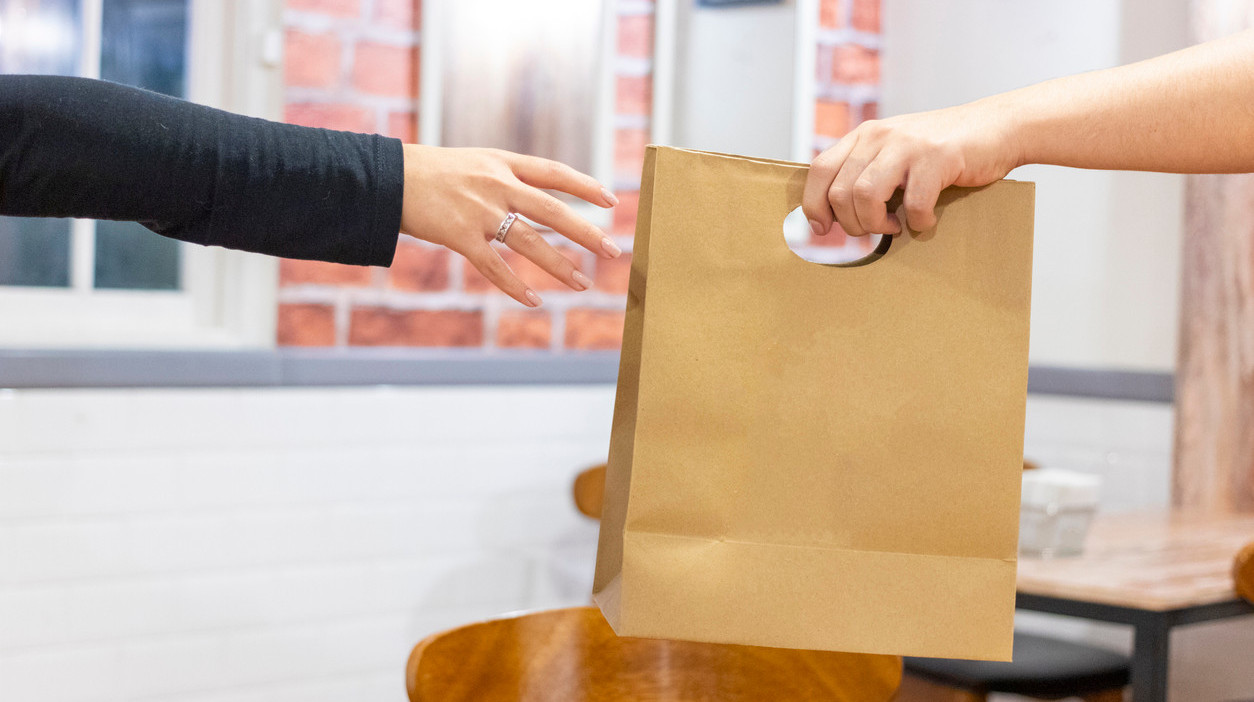Delivery Apps Seamless And Grubhub Have Been Forcing Restaurants To Use Their Services
Last weekend, Pim Techamuanvivit, owner of Thai restaurant Kin Khao in San Francisco, published a thread of tweets about an experience she'd had while managing the floor.
The thread is engrossing, but to recap: after getting a call from a confused and hungry customer, Techamuanvivit learned that her restaurant—which does not and has never offered delivery or takeout—was listed on Seamless, a food delivery app, as a place to order from. The customer had ordered a meal from "Kin Khao" on Seamless and never received it, but of course, the real Kin Khao knew nothing about it. GrubHub and Yelp also listed Kin Khao on their sites as a delivery option. Since Kin Khao itself hadn't been fielding the orders, Techamuanvivit is concerned about just where the food is coming from that the customers receive. "It can be some rando dirty warehouse somewhere," she tweeted, "Because they sure are not picking up the food from @KinKhao." She is in the process of speaking with a lawyer about the incident, with possible plans to sue.
Vice reported this week on the ongoing nationwide problem of delivery apps that force restaurants to join their services, citing the Kin Khao story as another example of shady practices that not only deny restaurants their right to operate as they wish but result in "mixed-up orders, long wait times, and inaccurate pricing as the diner, driver, and restaurant aren't necessarily relying on the same information." It's no way to do business, and it puts everyone but the app at a disadvantage.
Grubhub, naturally, is trying to spin this to make it seem like it did nothing wrong. "We'll add restaurants to our marketplace when we see local diner demand for delivery so the restaurant can receive more orders and revenue from deliveries completed by our drivers," a Grubhub spokeswoman told the BBC. "We work to provide accurate menus and hours for these restaurants on our marketplace based on available information online."
There's mounting evidence that food delivery apps have big issues that need solving. One of the biggest: the facelessness of the technology. These services put us at a remove from the restaurants themselves, and anonymity in the ordering process only seems to benefit those who can then exploit it, like we saw with Kin Khao. As Vice puts it, "The more separate we become from the people preparing our food, the more room there is for things to go wrong in the middle."
